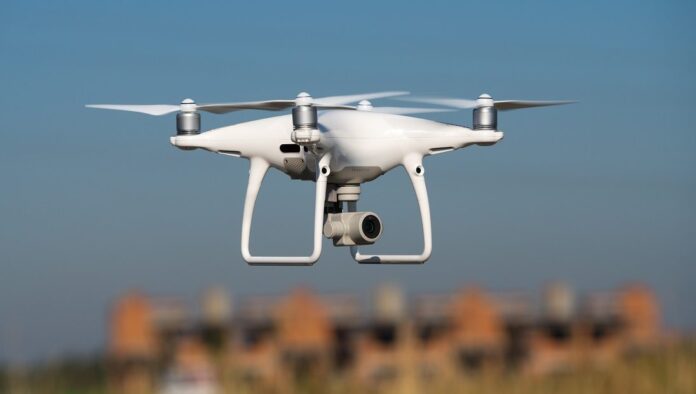The Federal Government has disowned a controversial Russian programme that reportedly recruited young Nigerians to work in military drone factories under the guise of a vocational scholarship scheme.
The programme, known as “Alabuga Start,” is based in the Alabuga Special Economic Zone in Tatarstan, Russia. It has come under fire for allegedly luring foreign students—mainly young African women, including Nigerians—into hazardous drone assembly work used in Russia’s war against Ukraine.
In a statement, Nigeria’s Ministry of Foreign Affairs said it had no knowledge of the scheme. The Nigerians in Diaspora Commission (NiDCOM) also denied involvement.
Despite these denials, a letter published on the official website of Nigeria’s Federal Scholarship Board appeared to endorse the programme. The letter promoted 150 scholarship slots for Nigerians to study at Alabuga Polytech, offering training in robotics, automation, and other technical fields—along with promises of free accommodation, stipends, and future employment.
The situation escalated after media reports, including from *The Economist* and *Associated Press*, revealed that recruits ended up assembling drones used by Russian forces in the ongoing conflict in Ukraine. Conditions at the facility were reportedly poor, with long hours, surveillance, exposure to toxic chemicals, and wages much lower than promised.
Some workers claimed they earned less than \$500 monthly after deductions for airfare, accommodation, and other fees. Others said they were not informed their work would support military operations, raising serious ethical and safety concerns.
Ukraine’s ambassador to Nigeria, Ivan Kholostenko, confirmed that African workers, including Nigerians, were identified at the Alabuga drone production site. He warned that these individuals were at risk, as the site is a legitimate target for Ukrainian military strikes. A Ukrainian attack on the Alabuga zone occurred on April 23, 2025.
Nigerians on social media have expressed anger, with many blaming the government for allowing young citizens to be exposed to war-related dangers. One user claimed his sister had returned from the programme with complaints of deception and unsafe work conditions.
Former Nigerian diplomats have urged the Federal Government to investigate urgently. Dr. Yemi Farounbi, a former ambassador, said the government must request clarification from Russia to understand what Nigerian citizens are being used for. “Whether they were aware of it or not, the government has a duty to protect its citizens,” he said.
Professor Bola Akinterinwa, former Director-General of the Nigerian Institute of International Affairs, suggested that Russia might be using the programme as a soft power strategy to build support for its war through scholarships disguised as humanitarian aid.
Meanwhile, Russia’s embassy in Nigeria dismissed criticism of the programme as pro-Western propaganda. The embassy said Russia supports Africa in its fight against neocolonialism and terrorism.
The controversy has triggered fresh debate on how foreign schemes targeting Nigerian youths are vetted, and whether the government is doing enough to protect its citizens abroad—especially as global tensions escalate.

